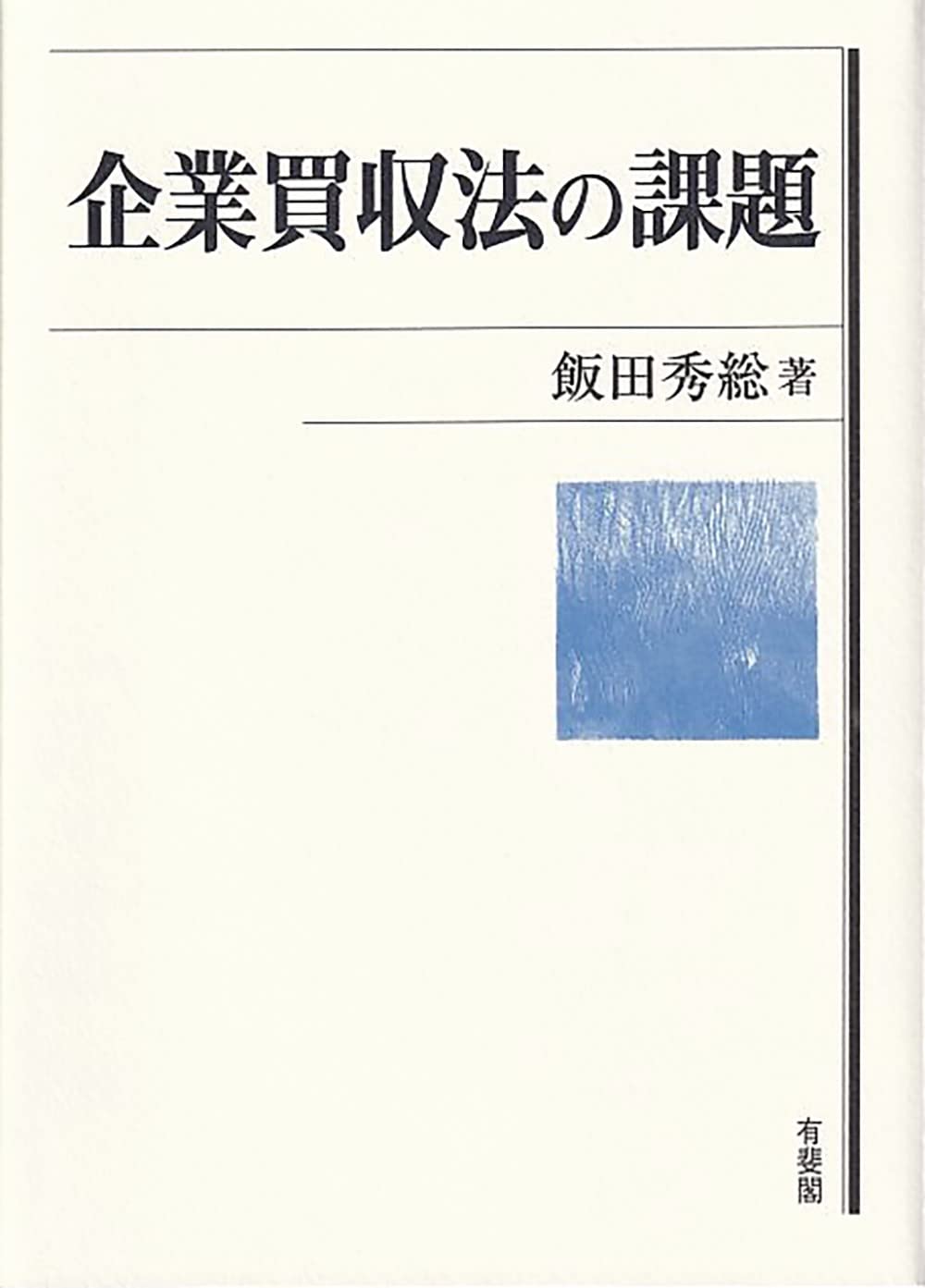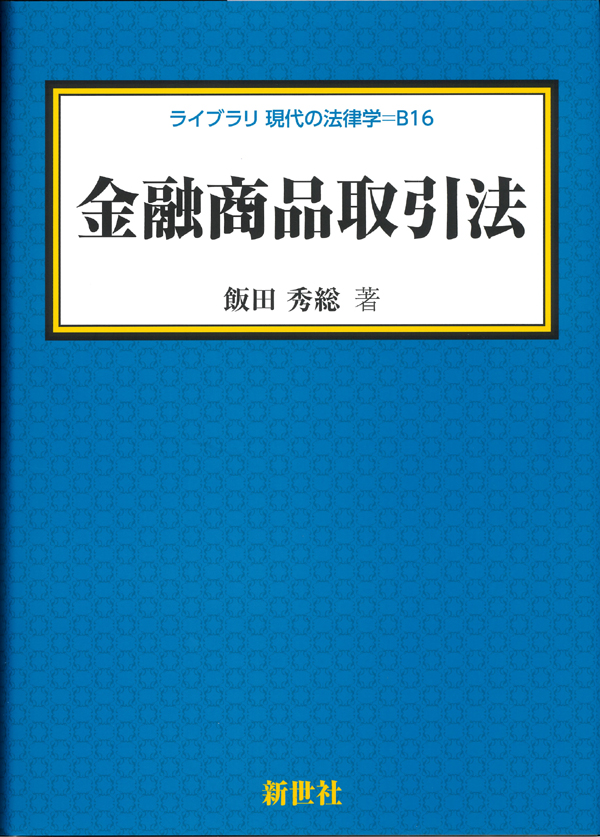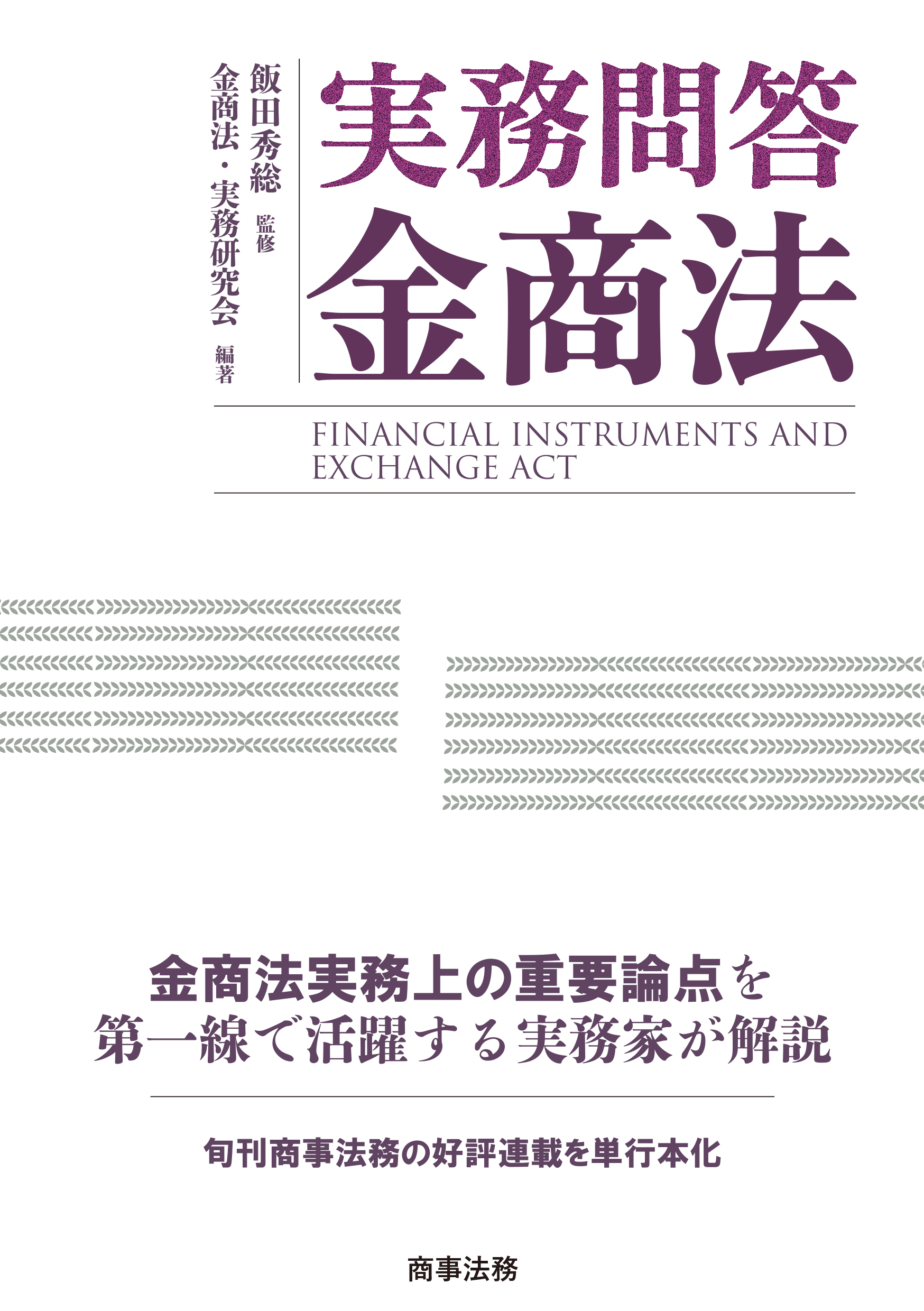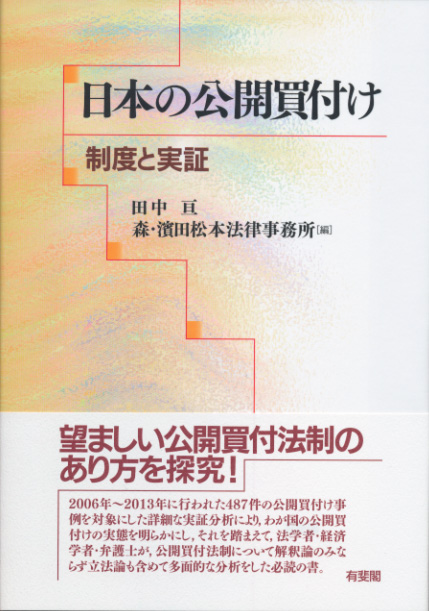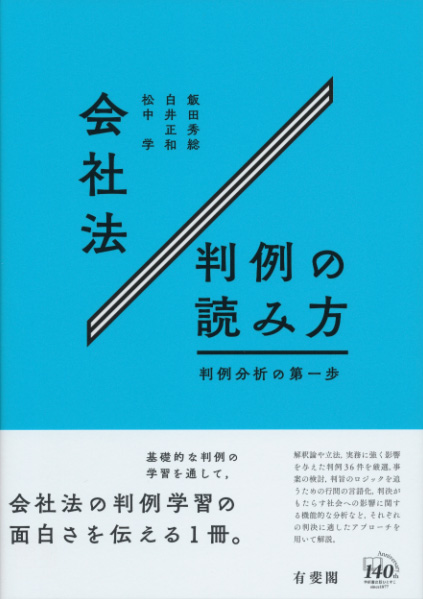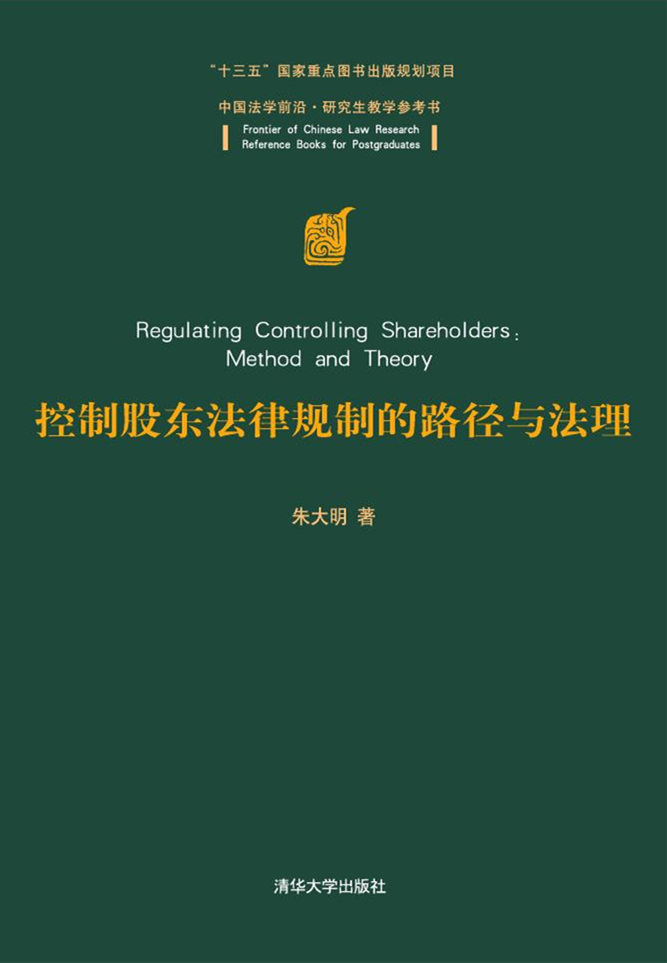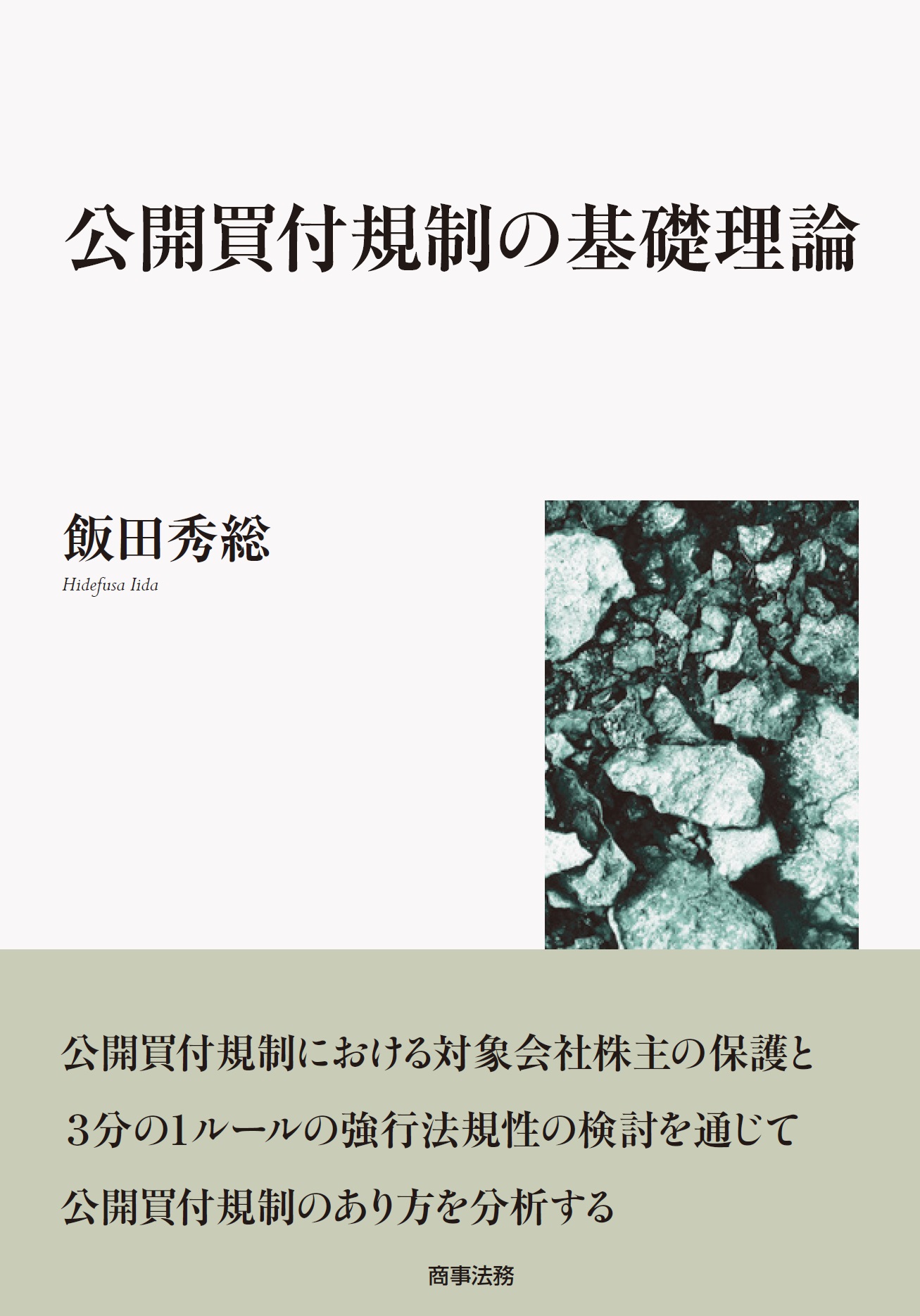
Title
Koukai-Kaitsuke-Kisei no Kiso-Riron (Basic Theory of Tender Offer Regulation)
Size
280 pages, A5 format, hardcover
Language
Japanese
Released
October, 2015
ISBN
978-4-7857-2332-3
Published by
SHOJIHOMU Co., Ltd.
Book Info
See Book Availability at Library
Japanese Page
As an academic researching commercial law, particularly the Companies Act and Financial Instruments and Exchange Act (FIEA), tender offers are a subject of the utmost interest. First, although the tender offer has been established in many countries as a way to acquire companies, the nature of regulations differs from country to country, and the regulations are frequently revised. Second, this area is difficult to understand without understanding related fields such as corporate finance and game theory, and, therefore, interdisciplinary research is needed in addition to knowledge of the law. Conversely, this means that there are many difficult questions. Attempting to tackle these questions in this book might be just a single small step, but it also creates a record of the humble efforts that have formed my life’s work researching tender offers.
This book examines two fundamental issues in the consideration of how tender offer regulations should be organized. The first issue is finding ways to protect target company shareholders under tender offer regulations. It could be argued that the fundamental orientation of tender offer regulations is determined by one’s perspective about this issue. This book proposes that pressure to tender is one of the most important issues of tender offer regulations. The book also considers whether the idea of a shareholder’s right to exit from a company should be introduced. It further argues that, although there is room to introduce such a right when a controlling shareholder’s acquisition of two-thirds or more of the voting rights means a high risk of delisting, there presently is no need to trigger a minority shareholder’s exit right by the acquisition of one-third of the voting rights. The orientation of tender offer regulation legislative theory is set out in both cases.
The second issue concerns whether the Mandatory Bid Rule (the one-third rule) in tender offer regulation is a mandatory law. It is assumed that tender offer regulations are mandatory law. However, theoretically, there is a sense in which the Mandatory Bid Rule is a reconciliation of controlling shareholder and minority shareholder interests, which is closely connected to ways to protect minority shareholders under the Companies Act. If we accept that, then we must directly investigate whether it is necessary to treat the Mandatory Bid Rule as a mandatory law or whether separate provisions under articles of incorporation should be permitted. This book’s conclusion contends that there is no positive reason to interpret the Mandatory Bid Rule as a mandatory law and that, conversely, there is no positive reason to forbid the treatment of the Mandatory Bid Rule as mandatory law. Therefore, the book’s thesis argues that, if it is possible to depart from the Mandatory Bid Rule, as with Japan’s law, then, from the beginning, default rules and rules for departure therefrom should be established. Specifically, it is argued that the Mandatory Bid Rule can be understood as the default rule, and departure therefrom can be permitted by articles of association.
(Written by IIDA Hidefusa, Associate Professor, Graduate Schools for Law and Politics / 2019)



 Find a book
Find a book


 eBook
eBook